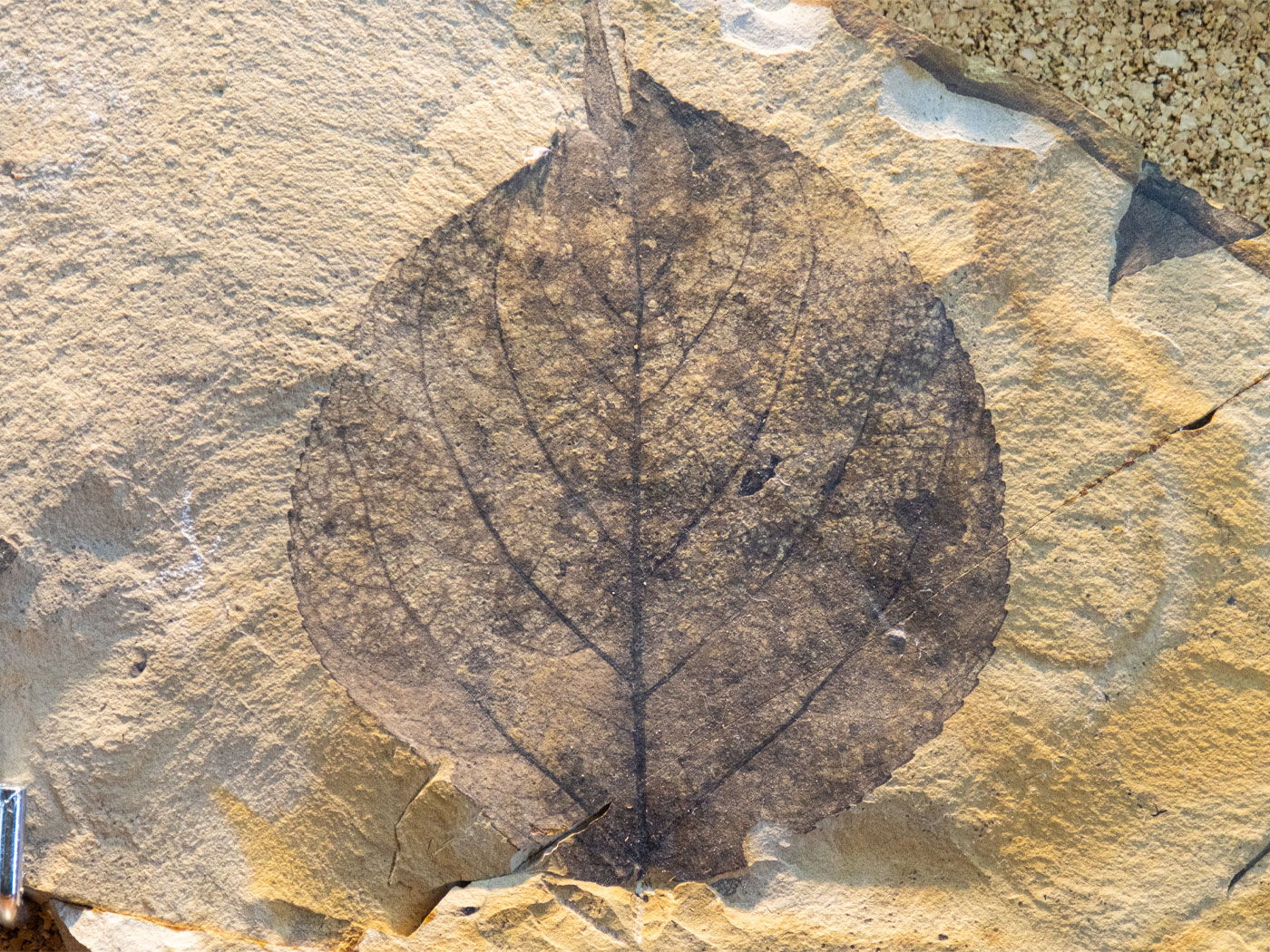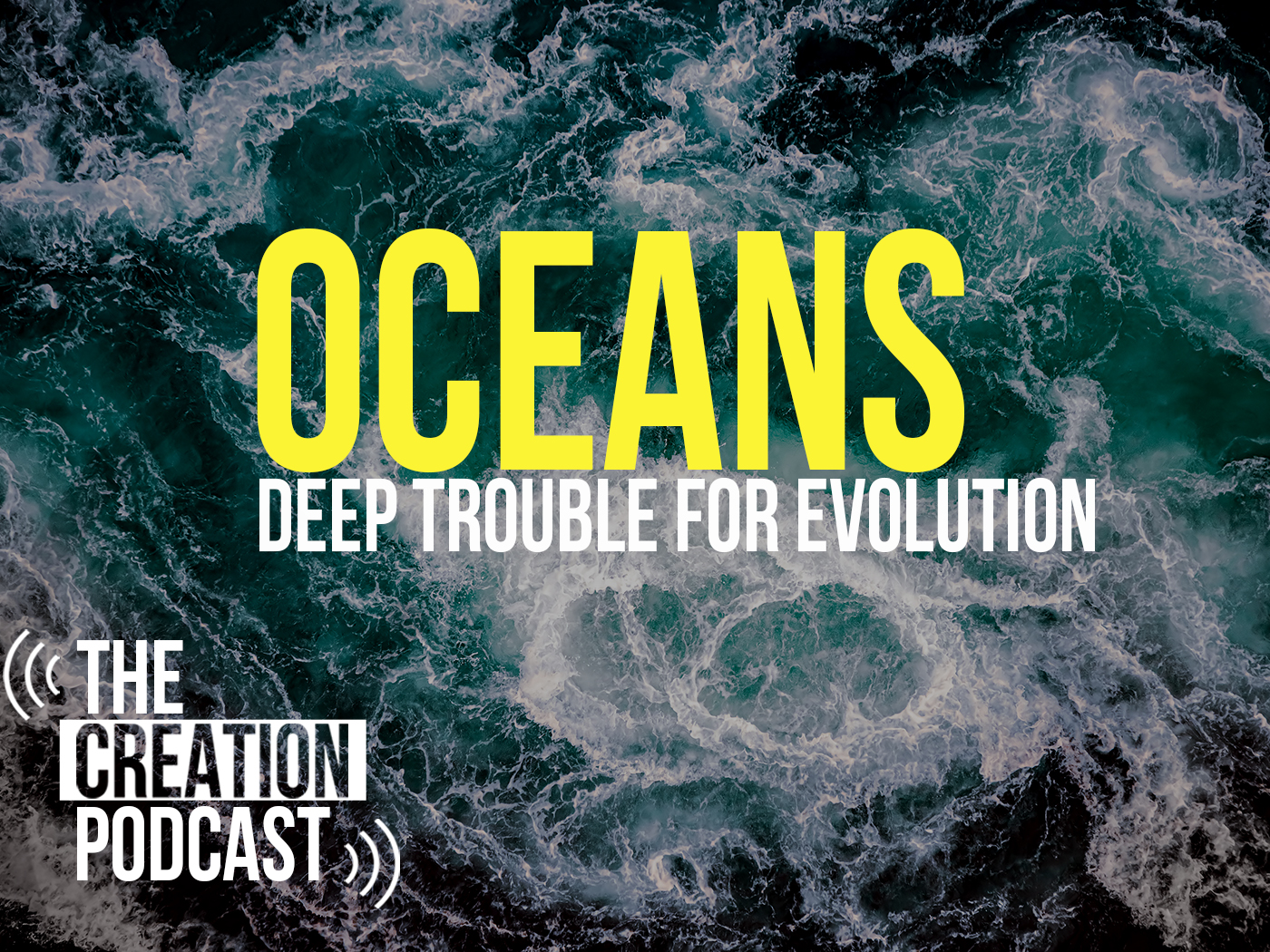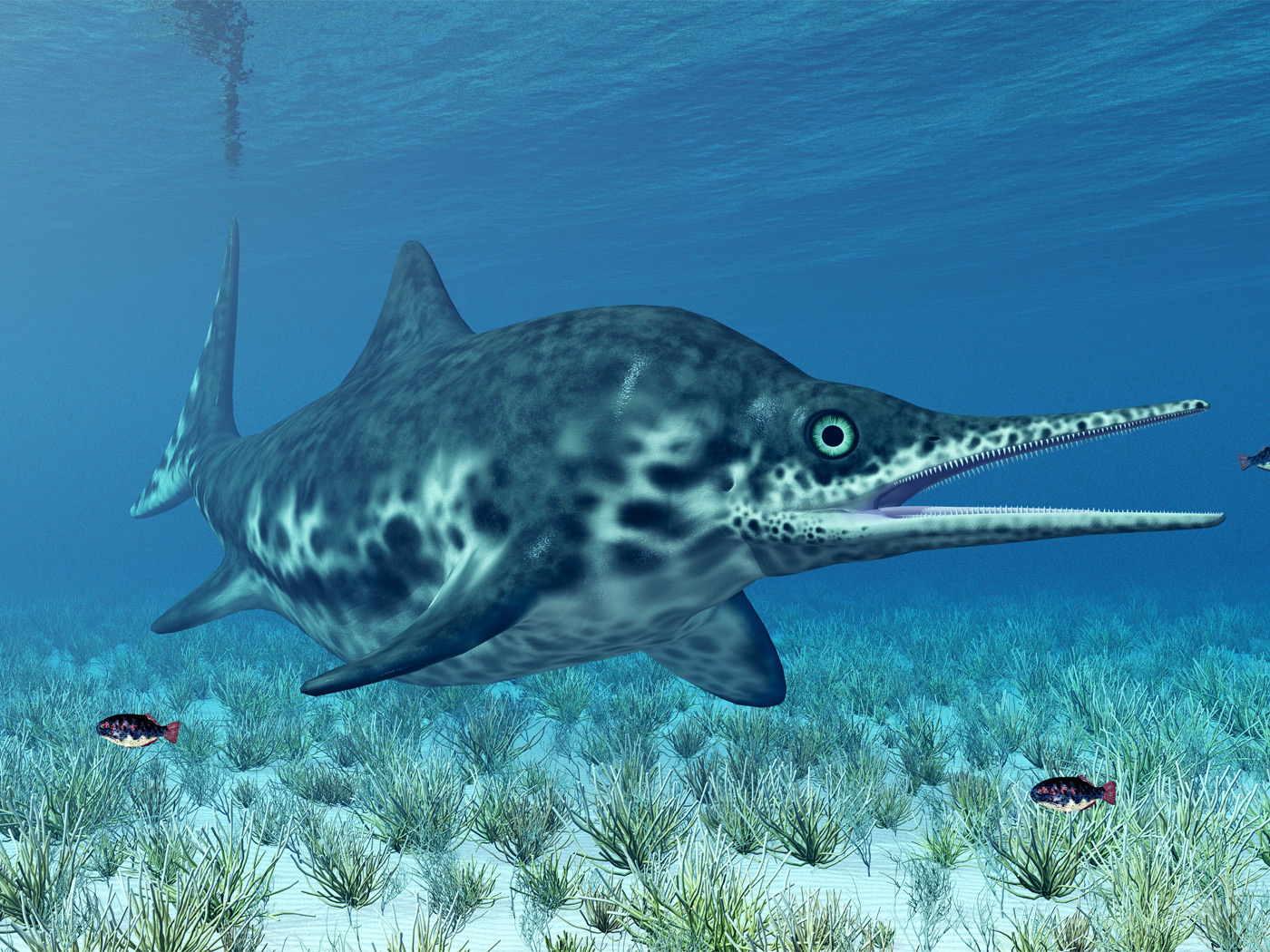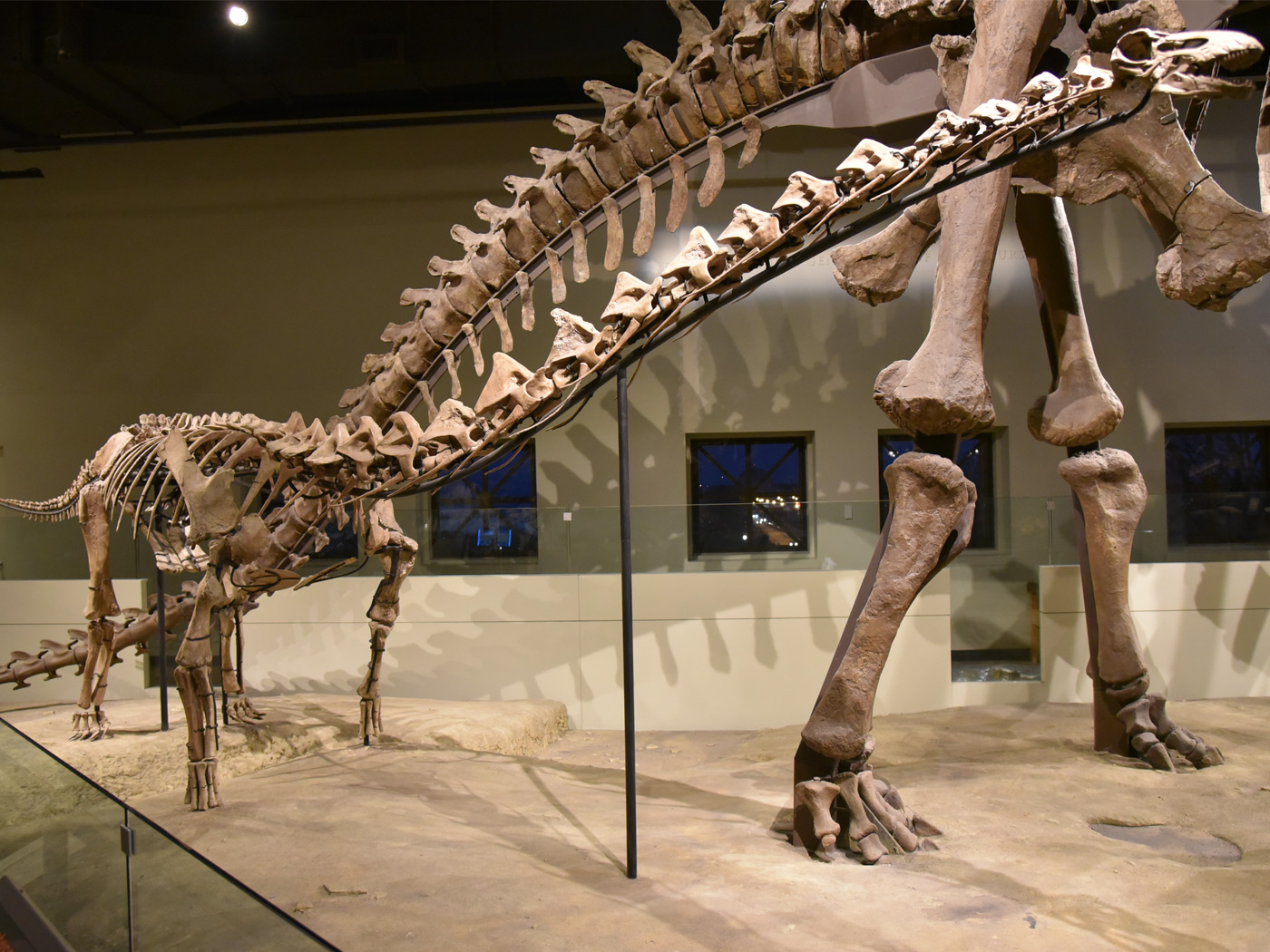So, what is science? Per the Oxford English Dictionary, science is “the intellectual and practical activity embracing the systematic study of the structure and behavior of the physical and natural world through both experiment and observation.”1 In other words, it is the logical assembly of experimentally derived or observed information about the physical universe. Though the “advancement” of science and significant leaps made across the scientific disciplines over the last several centuries in and of themselves may seem substantial, in the context of the pursuit of unbiased truth they have fallen short. Those with a human-centered worldview often make science the sole basis and definer of truth rather than a tool to pursue truth. This approach is inadequate. At any given moment in history, the scientific thought or discovery at that time would be considered truth—but scientifically-acquired knowledge is ever changing. What is considered scientific fact now may not have been a decade ago. For instance, in medical science bloodletting was common practice well into the 19th century.2 Now, it would be considered absurd to withdraw blood from a patient to cure illness. Those who practice science must always remain humble, especially about its limitations. Per the scientific method, all of science’s conclusions are largely opinions (some more substantiated than others) open to probable future amendment.
Christians have nothing to fear. The truths of Christianity hold up to scientific interrogation. “Science” as it can be wielded loses its bearings and, subsequently, becomes a threat to Christianity only when scientists overreach its limits and begin making metaphysical claims in the name of science about reality as a whole. In his essay “Theology and Science,” Carl F. H. Henry drives this point home:
The fact is that empirical science has no firm basis whatever on which to raise objections to Christianity, not because scientific and historical concerns are irrelevant to revelation and faith, but because scientists must allow for possible exceptions to every rule they affirm, and for the empirical vulnerability of the rules themselves.3
Scientifically acquired information that is confirmed to be accurate will harmonize with the Bible. In Isaiah 40:26 and Romans 1:20, the Bible itself petitions man to learn from God’s handiwork and to observe God’s incredible characteristics as revealed in scientific pursuits. As science discovers more about our world and the universe we inhabit, more evidence of creation and design is revealed. As Christians, we welcome and support science that pursues truth, but reject assertions by scientists beyond the realm of what scientific methodology can support.
References
1. Oxford English Dictionary, 2nd ed., s.v. “science.”
2. Shigehisa, K. 1995. Interpreting the History of Bloodletting. The Journal of the History of Medicine and Allied Sciences. 50 (1): 11-46.
3. Olson, R. E. 2013. The Journey of Modern Theology: From Reconstruction to Deconstruction. Downers Grove, IL: InterVarsity Press, 631.
* Dr. Corrado earned a Ph.D. in Systems Engineering from Colorado State University and a Th.M. from Liberty University. He is a freelance contributor to ICR’s Creation Science Update, works in the nuclear industry, and is a senior officer in the U.S. Naval Reserve.















